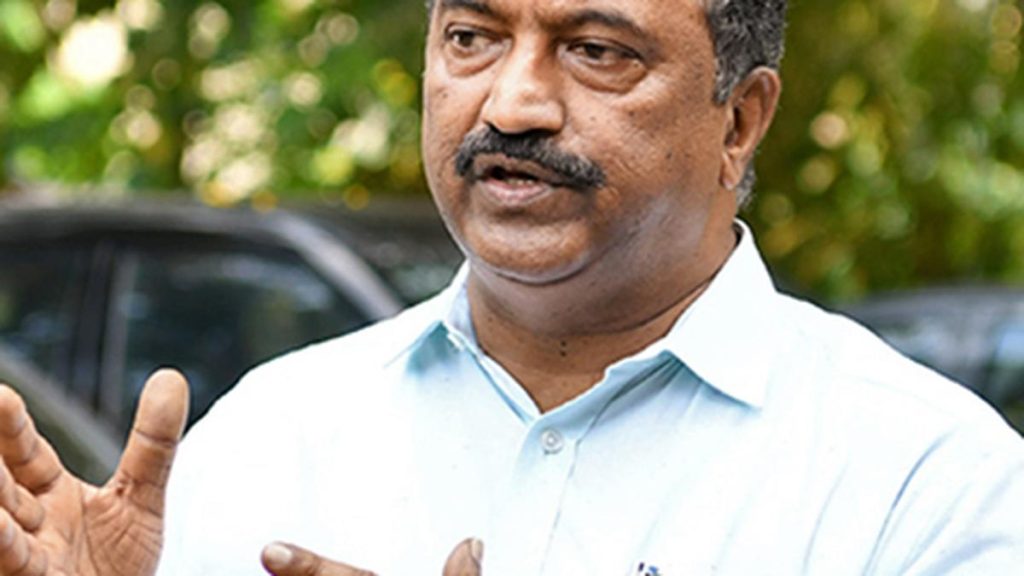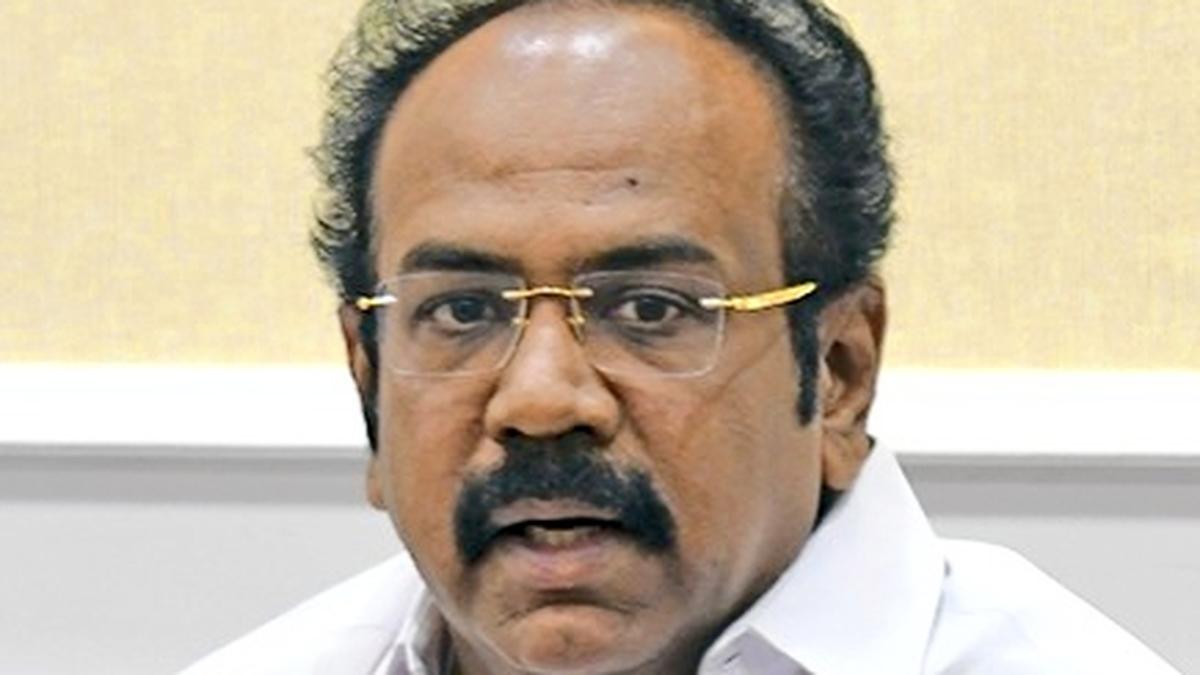Now Reading: Chandrababu Naidu Hails GST Reforms as a Push for Growth
-
01
Chandrababu Naidu Hails GST Reforms as a Push for Growth
Chandrababu Naidu Hails GST Reforms as a Push for Growth

Swift Summary
- GST Reforms Announced: Revised slabs introduced for daily essentials,education,healthcare,and agriculture sectors.
- Chief Minister Chandrababu Naidu’s Reaction: Described the reforms as pro-poor and growth-oriented. Congratulated PM narendra Modi and Finance Minister Nirmala Sitharaman for advancing India’s tax framework.
- IT Minister Nara Lokesh’s Views: Called the reforms historic and welcomed GST reductions on educational items like maps, charts, pencils, sharpeners, and exercise books as supportive of a knowledge-driven economy.
- Deputy CM K. Pawan Kalyan’s Remarks: Praised the removal of GST on education and insurance as transformative. Highlighted relief for healthcare and benefits to farmers as notable steps toward peopel-centric governance.
- Contextual Note: Officials regarded this reform package as aligned with prior income tax exemption adjustments earlier in 2025.
Indian Opinion analysis
The revised GST framework reflects a notable focus on inclusive economic policies aimed at reducing financial burdens across socio-economic segments such as farmers, students, and middle-income families. Prominent leaders from Andhra Pradesh endorse these changes not only for their immediate fiscal impact but also their strategic alignment with broader welfare goals such as empowering access to education and healthcare systems.
Elimination or reduction of taxes on essential goods could potentially streamline affordability while enhancing India’s progress metrics in sectors like knowledge economy acceleration. Future monitoring may be needed to gauge implementation effectiveness at grassroots levels to ensure intended benefits reach all demographics equitably.

























